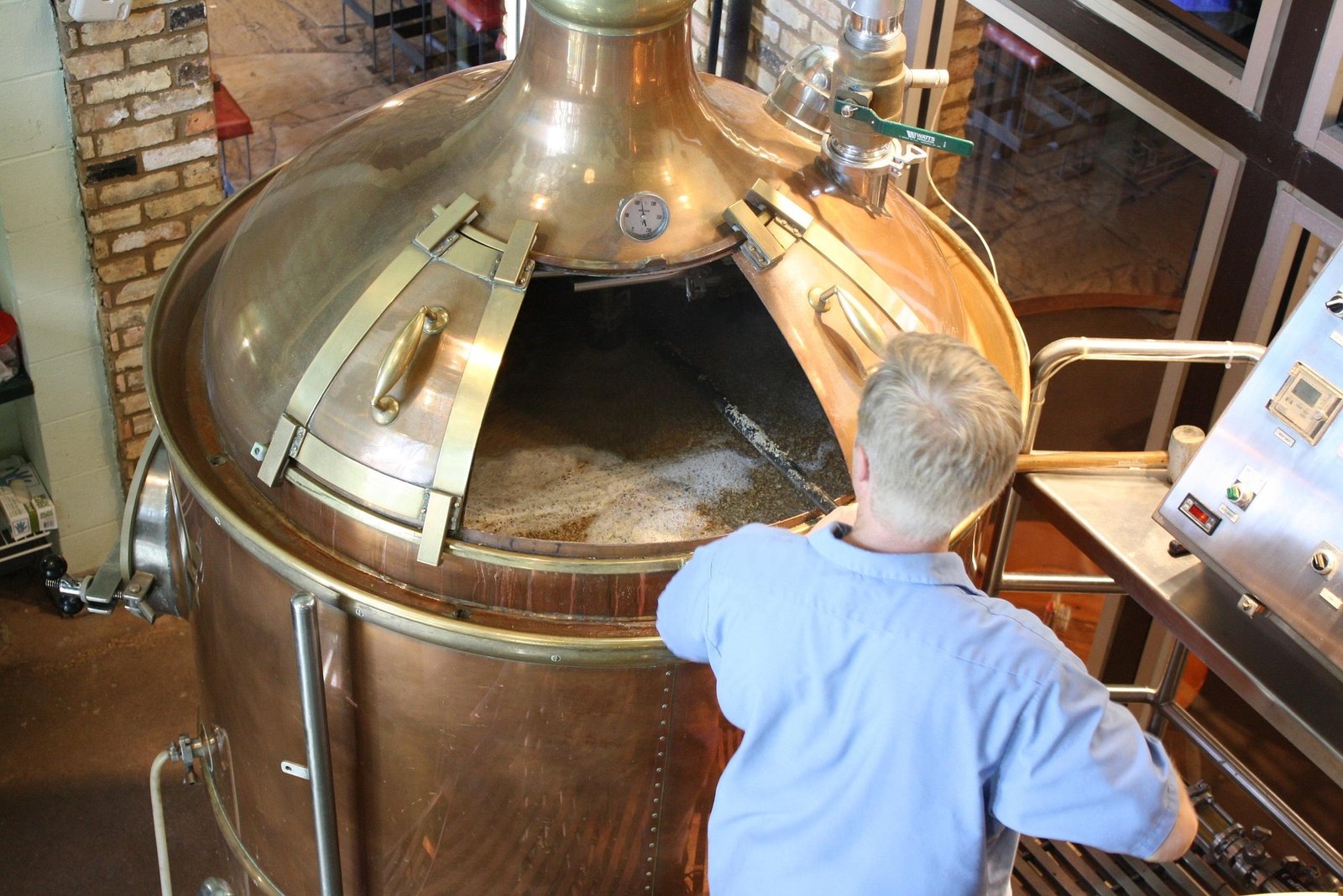What Lessons Can SMEs Learn From Real HACCP Failure Cases?
Many small and medium-sized food manufacturers implement HACCP systems just to “tick the box” for compliance — but without proper monitoring or culture, these systems often fail when real issues arise.
Understanding past HACCP failure cases is one of the most effective ways for SMEs to strengthen their own food safety management. Each failure provides valuable insight into what went wrong — and how similar risks can be prevented in your own facility.

1. Poor Temperature Control During Storage and Transport
-
One of the most common causes of HACCP failure.
-
Example: A seafood processor faced product spoilage because cold chain monitoring was inconsistent.
-
Lessons learned:
-
Never rely solely on manual temperature checks.
-
Use calibrated thermometers and automated monitoring systems.
-
Establish corrective action when temperature exceeds limits.
-
2. Incomplete Supplier Verification
-
Contaminated ingredients often enter the production chain due to unverified suppliers.
-
Example: A bakery received flour with undeclared allergens, leading to a recall.
-
Lessons learned:
-
Conduct supplier audits and request their HACCP or ISO 22000 certifications.
-
Implement incoming raw material inspection records.
-
Keep a list of approved suppliers only.
-
3. Poor Equipment Cleaning and Maintenance
-
Cross-contamination can occur when cleaning procedures are skipped or unclear.
-
Example: Residue buildup in mixing tanks led to bacterial growth in a beverage plant.
-
Lessons learned:
-
Create clear SSOPs (Sanitation Standard Operating Procedures).
-
Verify cleaning through visual checks and swab testing.
-
Schedule preventive maintenance to avoid equipment malfunction.
-
4. Weak Allergen Control Practices
-
Allergen mismanagement is a major reason for product recalls.
-
Example: A snack factory failed to segregate nut-containing products, causing cross-contact.
-
Lessons learned:
-
Label all allergenic ingredients clearly.
-
Establish dedicated production lines or cleaning validation between batches.
-
Include allergen hazards in HACCP risk assessment.
-
5. Inadequate Employee Training
-
Even the best HACCP plan fails if employees don’t understand it.
-
Example: A meat processor faced contamination incidents because workers ignored hygiene zones.
-
Lessons learned:
-
Conduct regular food safety and hygiene training.
-
Make HACCP principles easy to understand for all staff levels.
-
Reinforce a culture of accountability and awareness.
-
6. Missing or Incomplete Records
-
“If it’s not written down, it didn’t happen.”
-
Example: A sauce manufacturer failed a customer audit due to missing monitoring logs.
-
Lessons learned:
-
Maintain complete records of CCP checks, corrective actions, and calibrations.
-
Use digital logging systems where possible.
-
Regularly review and verify documentation.
-
7. Lack of Verification and Internal Audits
-
HACCP systems often become outdated without periodic review.
-
Example: A dairy plant missed a hazard in a new product line because its HACCP plan was never updated.
-
Lessons learned:
-
Schedule internal audits at least once a year.
-
Reassess hazards whenever products, equipment, or suppliers change.
-
Keep the HACCP plan as a living document.
-
8. Ignoring Customer Complaints and Near Misses
-
Many food safety incidents could have been prevented by acting early.
-
Example: Multiple minor complaints about odor were ignored before a full recall.
-
Lessons learned:
-
Treat every complaint as a data point for continuous improvement.
-
Conduct root cause analysis for each issue.
-
Encourage open reporting among staff and partners.
-
9. Overlooking Packaging and Labeling Hazards
-
Mislabeled or contaminated packaging materials can lead to food safety failures.
-
Lessons learned:
-
Include packaging steps in the HACCP hazard analysis.
-
Check label accuracy and legibility.
-
Verify packaging supplier compliance.
-
Final Thoughts
For SMEs, HACCP isn’t just about passing audits — it’s about protecting consumers and your brand. By learning from real failure cases, small manufacturers can prevent costly recalls, avoid regulatory penalties, and strengthen customer trust.
👉 At CAYS Scientific, we guide SMEs in building robust, practical HACCP systems tailored to your operations — ensuring real compliance, not just paperwork.



